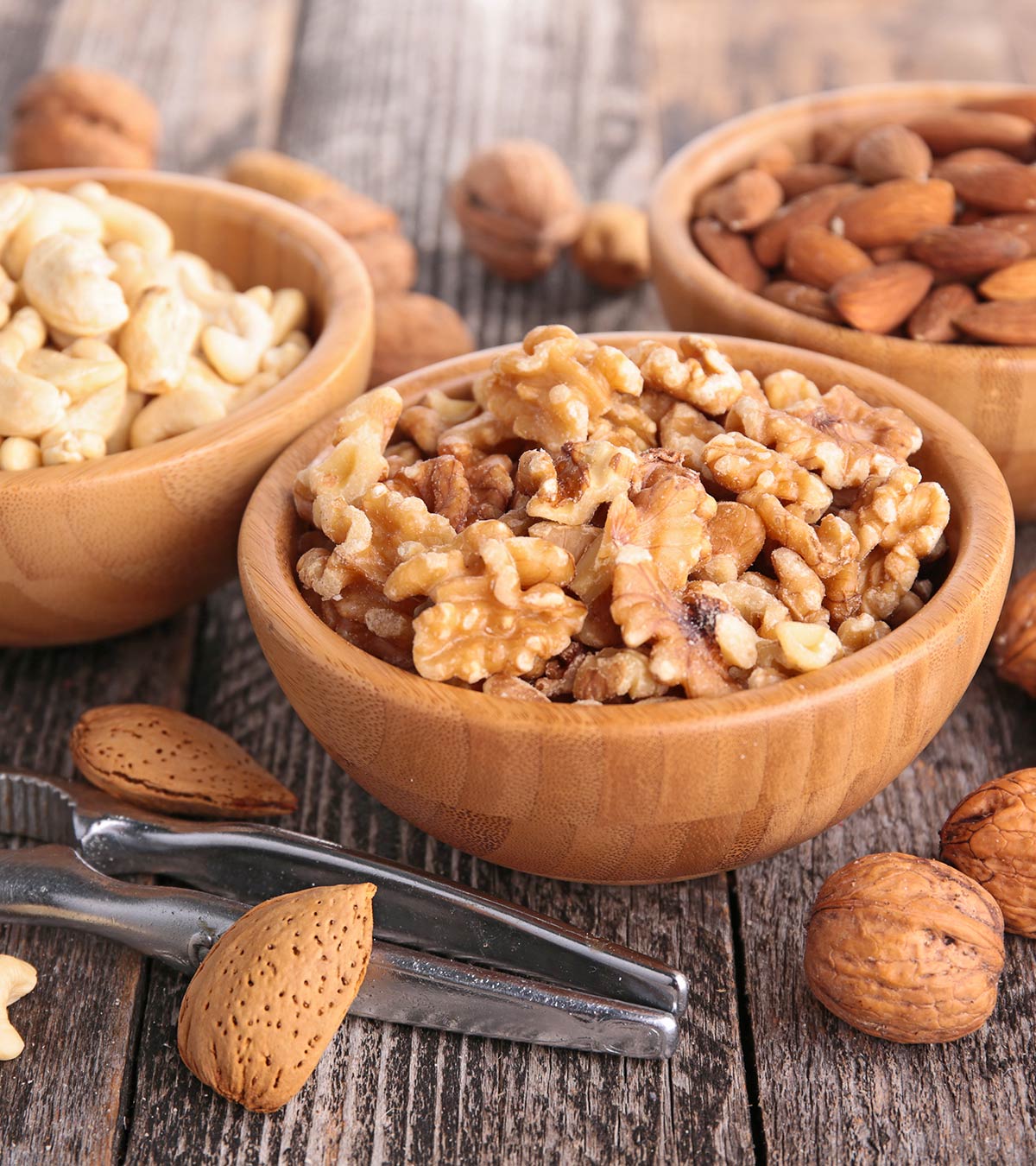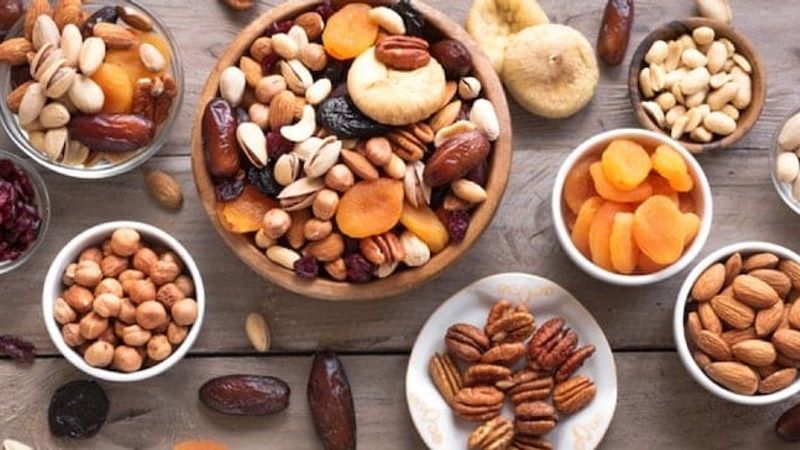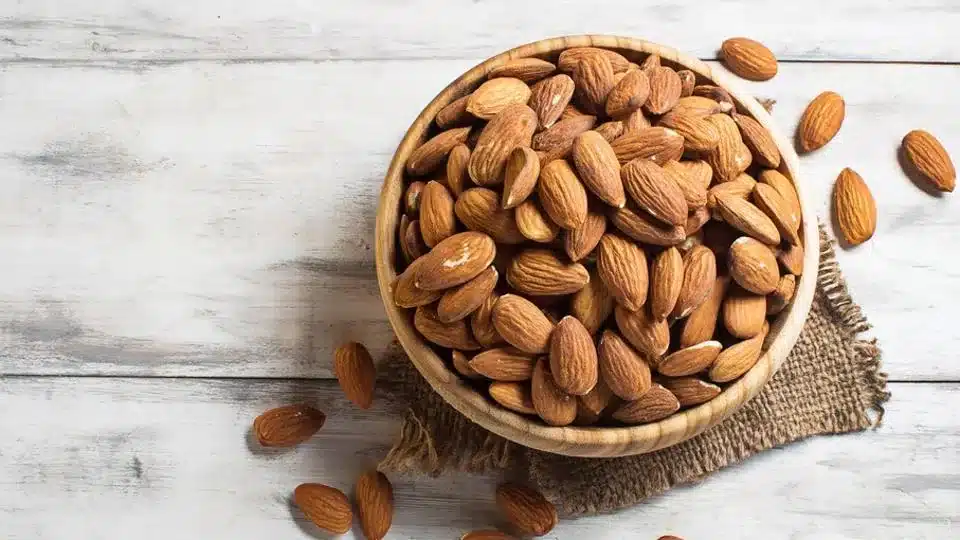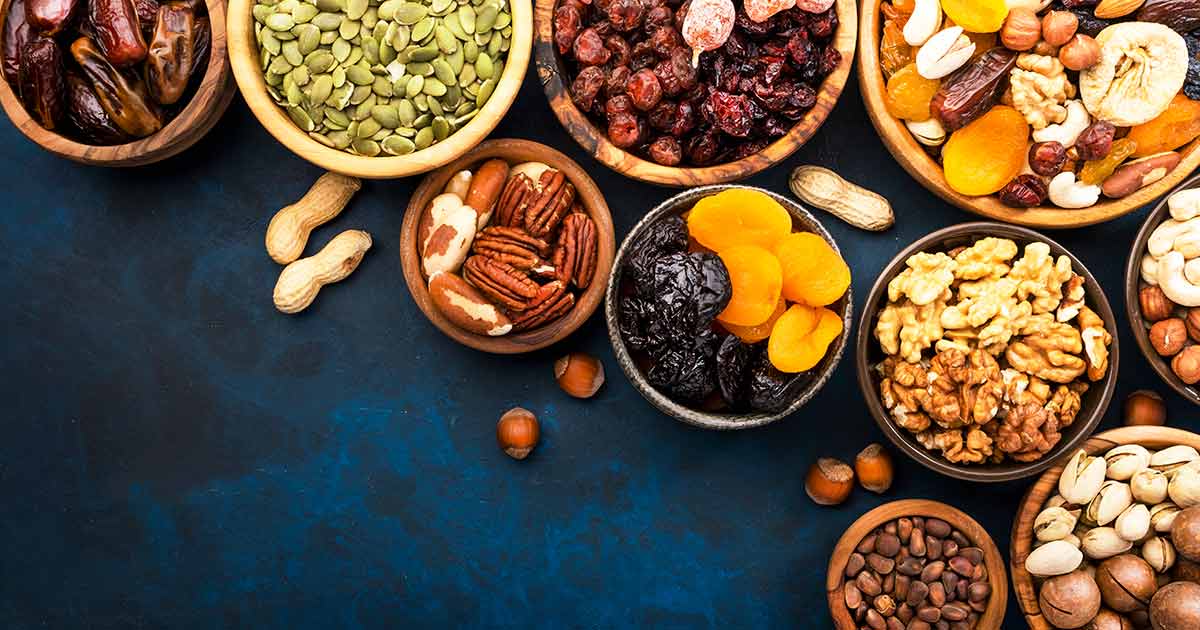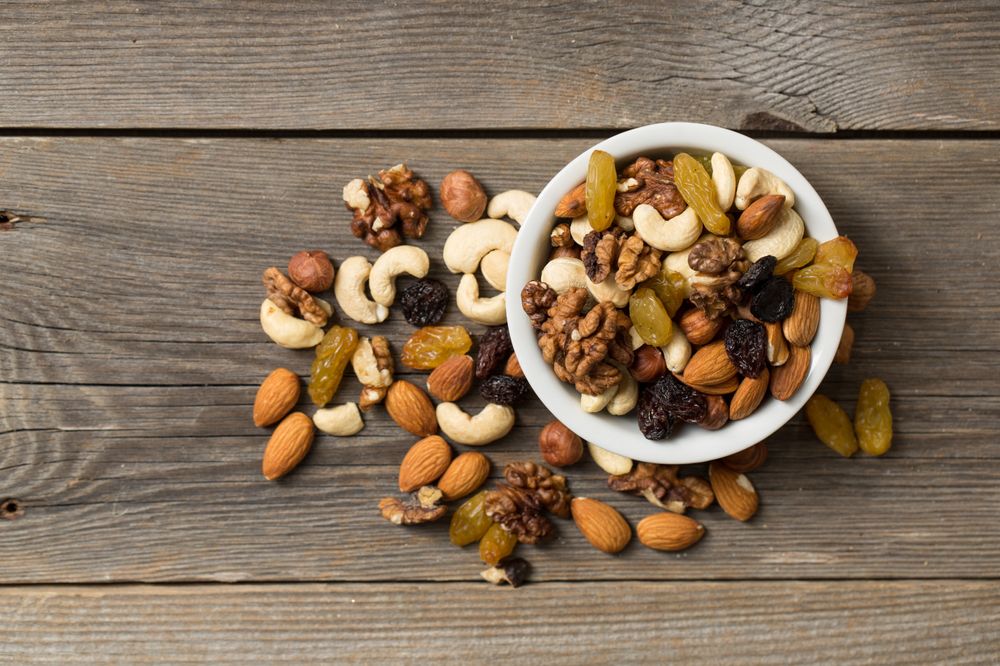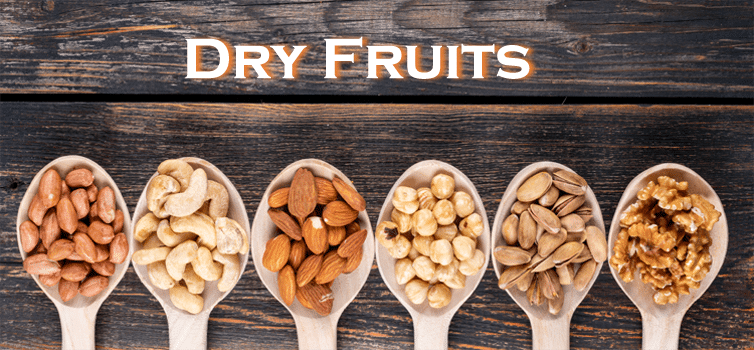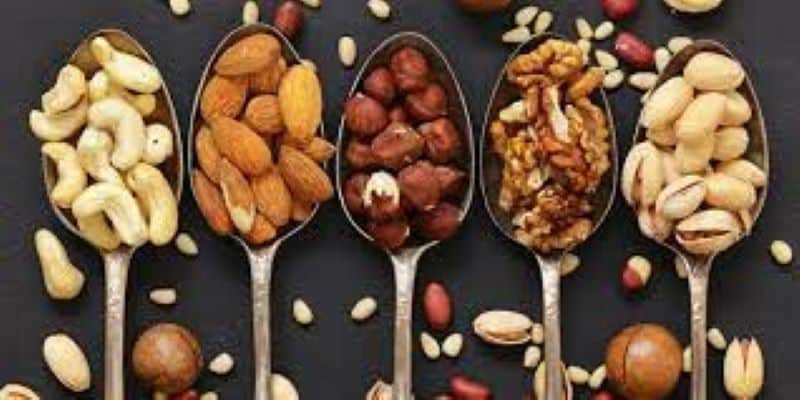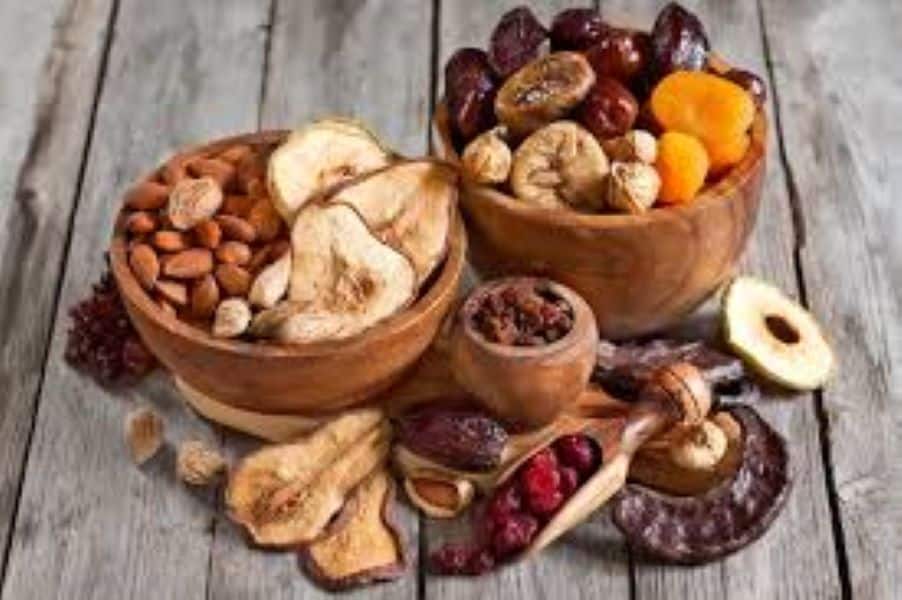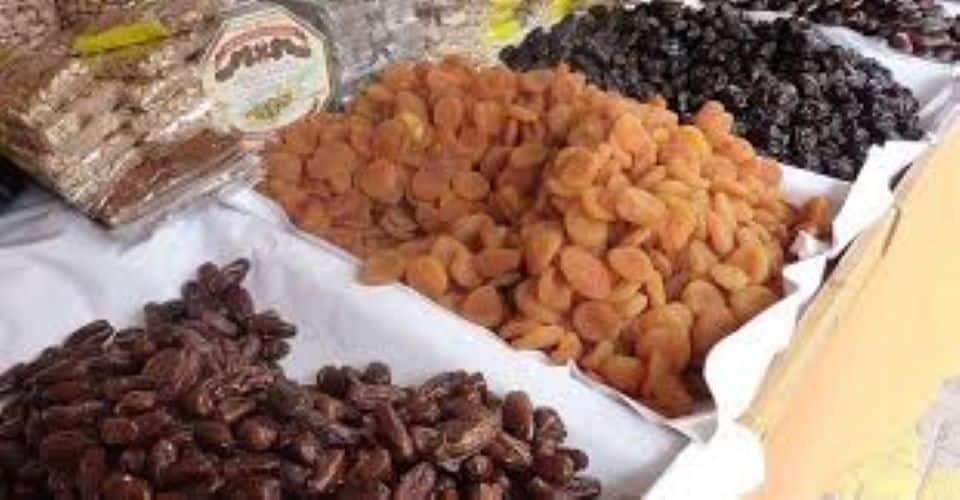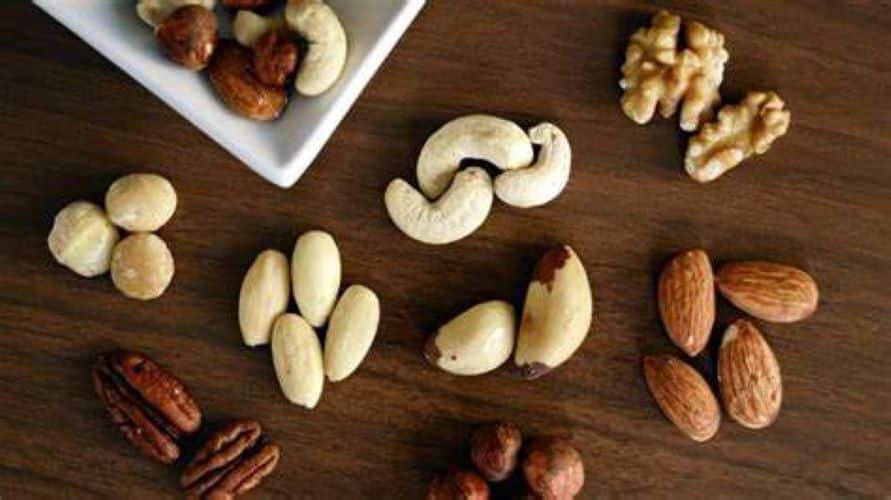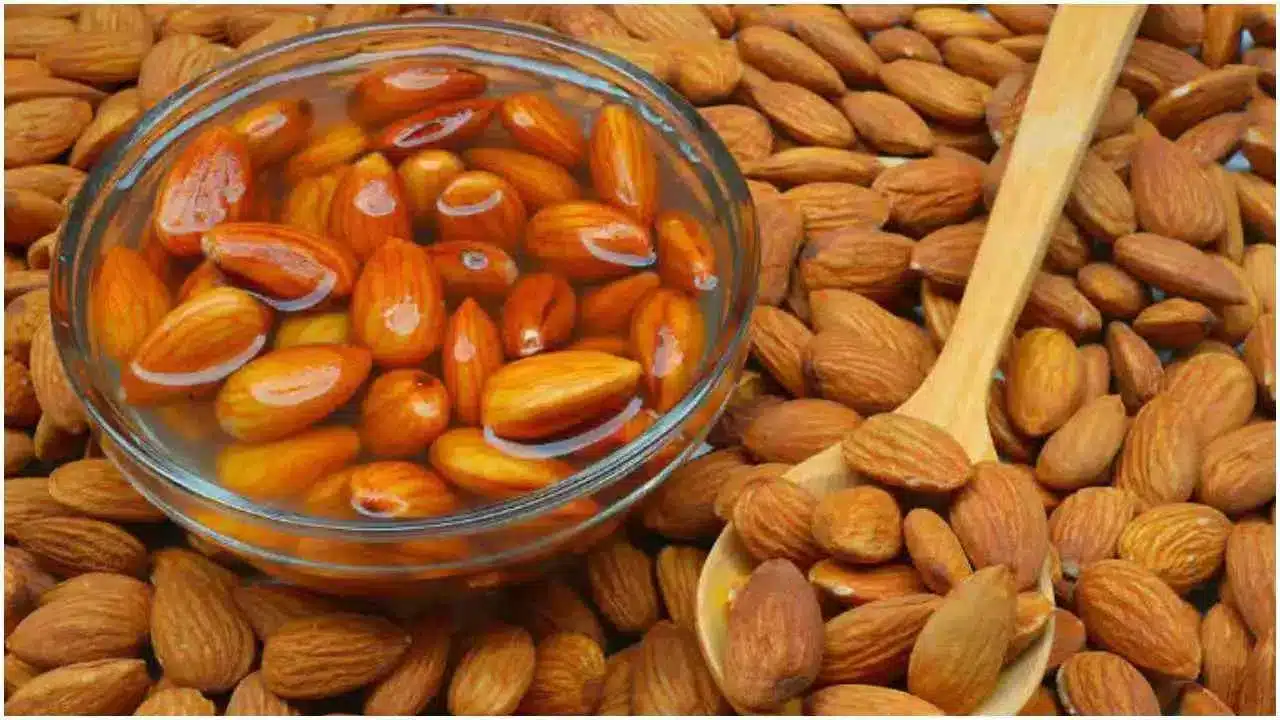Blog
What are 10 Best Dried Fruits for Toddlers?
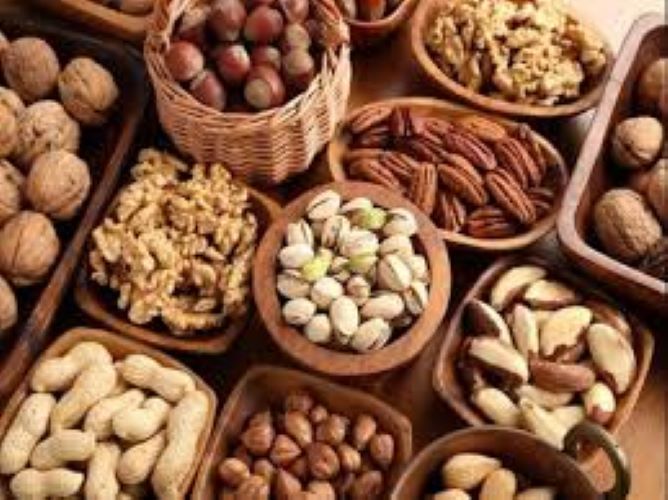
How to Get Started with Dried Fruits for Kids
When you introduce children to dried fruits, it can be fun for both you and the kids. Dried fruits provide a lot of vitamins, minerals, and fibers which are good for a child’s health and growth. Besides, they are a fast and simple snack that you could enjoy while walking or in conjunction with a healthy meal. However, we have to choose the dried fruits carefully considering factors like sugar amounts, choking hazards as well as allergies. Dried fruits can be a nice addition to toddler’s diet if they are picked up carefully and eaten in a small amount.
Criteria for Choice
Before we talk about the top ten dried fruits for kids, it’s important to talk about how they were chosen. Several things should be thought about when picking out dried fruits for young children:
- Value for Money: Opt for dried fruits that are rich in beneficial nutrients which include fiber, vitamins and minerals.
- Low Sugar: Dried fruits, by their very nature, contain sugar, and it’s best to select types that have less sugar added to them or are naturally lower in sugar.
- Texture and Size: To avoid choking, give only small pieces of dry fruits that kids can break and swallow easily.
- Thoughts on Allergens: Some of the dried fruits have sulfites and nuts, that can make an allergy.
- Versatility: Opt for fruits that are easy to incorporate in a variety of meals and snack foods.
Let’s look at the ten best dried fruits for kids based on these factors:
1. Raisins
Raisins are a childhood favorite of both kids and adults. These small, dried grapes are full of good things for you, like iron, potassium, and fiber. They are easy to carry and make a snack that you can eat by itself or add to baked goods, oatmeal, or yogurt. But parents should be aware that raisins have a lot of natural sugar, so they should limit how many their kids eat at a time.
- Dried Apricots
Dried apricots are a great way to get vitamin A, which is important for healthy eyesight and a strong immune system. Also, they have fiber and potassium, which makes them a healthy choice for children. Choose apricots that haven’t been added with sulfites if you want to avoid giving your kids allergic responses. Apricots that have been diced or thinly sliced are better for babies because they are easier for them to chew and less likely to choke.
- Dried apple slices
Little children will love the crunchy and sweet taste of dried apple slices. Apples contain a lot of fiber and vitamin C, which are very beneficial for the gut system and the immune system. To make up for extra sugars, purchase unsweetened dried apple slices instead. If your child is younger, you should probably cut up those dried apple slices into smaller pieces, so they don’t end up choking.
- Dried banana chips
Toddlers adore dried bananas as a snack because they are naturally sweet and crunchy. Banana is a good source of potassium, which is helpful in keeping blood pressure in check. In terms of purchasing dried banana chips, please choose those that don’t have any extra sugars or flavors. For a perfect tasting trail mix, you can either mix banana chips with nuts and seeds or have them on their own.
- Dried mango slices
Dried mango pieces not only have a good taste but they also contain fiber and vitamins A and C. As mangoes are naturally sweet and a nice alternative to sugary snacks, toddlers can get hooked to their taste. Try to look for unsweetened and sulfite-free dried mango slices. You can eat dehydrated mangoes as a standalone snack or add them to your yogurt or cereal to make them tastier and more nutritious
- Grapes
Grapes that have been dried are full of antioxidants that help protect the body from oxidative stress and give food a sour surprise. Cranberries are usually sour, but some kinds may have sugar added to them to make the taste more balanced. When buying dried cranberries for children, choose ones that aren’t sweetened or are only lightly sweetened. Dried cranberries are tasty on their own, or you can mix them with nuts and seeds to make a tasty snack mix.
- Blueberry
You can enjoy the sweet and sour taste of fresh blueberries all year long with dried blueberries. Blueberry is the ultimate food for boosting your immune system, as it is full of antioxidants and vitamin C. Look for the ones that don’t have any extra sugar or sulfites added. Snack on dried blueberries by themselves or toss them into oatmeal, pancakes, or cookies to improve their taste.
- Dried Figs
Dried figs have lots of fiber, which is beneficial to the bowel health of your children and prevents them from getting constipated. In addition, they contain minerals that your body needs such as calcium and potassium. Small kids naturally enjoy the sweet taste of figs that is why they can serve as a good alternative to the traditional sugary snacks. When you want to buy dried figs, choose the ones that have no chemicals or sugar preservatives. There are two ways to enjoy dried figs: be eaten alone or with cheese. They are both delicious and healthy.
- Peaches
The oldest to the youngest, everybody will love the dried peaches as a nutritious and yummy snack. Peaches are rich in fiber that improves gut health and vitamins A and C. Go for the dried peach products without additional sugar and sulfates. You can eat them as a dry fruit itself or add them to cereals, yogurt, and trail mix to make it more nutritious and yummy.
- Dried pineapple
Kids of all ages are going to enjoy the sweet, tropical flavor of chewy dried pineapple slices. Manganese is vital for the bones and the pineapple is loaded with it. Vitamin C is essential for our nervous system as it protects it. When purchasing dried pineapple chunks, opt for those that are completely free of any additional sugars or artificial chemicals. You can eat dried pineapple alone or as an addition to homemade granola or baked products to make them more delicious and appetizing.
Summing up, dried fruits are a quick and healthy treat for toddlers. It is necessary to be cognizant of aspects such as nutritional value, sugar level, texture, and possible allergens in choosing dried fruits for young children. Kids will enjoy the different tastes and health benefits of the ten dried fruits listed above: pineapple, apricots, apples, bananas, mangoes, grapes, blueberries, figs, peaches, and raisins. Young kids can have healthy snacks which are at the same time tasty by including these fruits in their meal as a small portion.
Here is a list of frequently asked questions about which dry fruit is good for a 1-year-old baby:
- Q: Can I give dry fruits to my 1-year-old baby?
- A: Yes, you can introduce certain dry fruits to your 1-year-old baby’s diet, but it’s important to offer them in a safe and appropriate manner.
- Q: Which dry fruits are safe for a 1-year-old baby?
- A: Soft and mashed dry fruits like raisins, apricots, and prunes can be suitable for a 1-year-old baby. Ensure they are cut into small pieces and well soaked to avoid choking hazards.
- Q: What health benefits do dry fruits offer for a 1-year-old baby?
- A: Dry fruits contain essential vitamins, minerals, and dietary fiber that can support your baby’s overall growth and development, promote healthy digestion, and provide energy.
- Q: How much dry fruit can I give to my 1-year-old baby?
- A: It is recommended to start with a small quantity, like one to two teaspoons per day. Monitor your baby’s reaction and gradually increase the portion size if needed.
- Q: Can I give my 1-year-old baby nuts as dry fruits?
- A: While nuts are considered healthy, they can pose a choking hazard for babies under the age of 4. It is best to avoid whole nuts and opt for soft and mashed dry fruits instead.
- Q: Are dried fruits good for constipation in 1-year-old babies?
- A: Yes, certain dried fruits like prunes and raisins can have a mild laxative effect and help relieve constipation in babies. However, always consult with your pediatrician before introducing any new food.
- Q: How should I prepare dry fruits for my 1-year-old baby?
- A: Soak the dry fruits in warm water or breast milk/formula to soften them. Ensure that they are cut into small, age-appropriate pieces to prevent choking.
- Q: Can I give my 1-year-old baby dried fruit juice?
- A: It is generally recommended to offer whole fruits instead of fruit juices, including dried fruit juice. Whole fruits provide more fiber and nutrients and help in developing healthy eating habits.
- Q: Are there any allergies associated with dry fruits in 1-year-old babies?
- A: Some babies may have allergic reactions to certain dry fruits. It’s important to introduce one dry fruit at a time and observe your baby for any signs of allergies such as rashes, hives, or difficulty breathing.
- Q: Can my 1-year-old have dried fruits as a snack between meals?
- A: Yes, dried fruits can be offered as a healthy snack for a 1-year-old baby between meals. Just ensure they are served in small, age-appropriate portions and are not the primary source of nutrition.
Remember to always consult with your pediatrician before introducing new foods, including dry fruits, to your 1-year-old baby’s diet.



